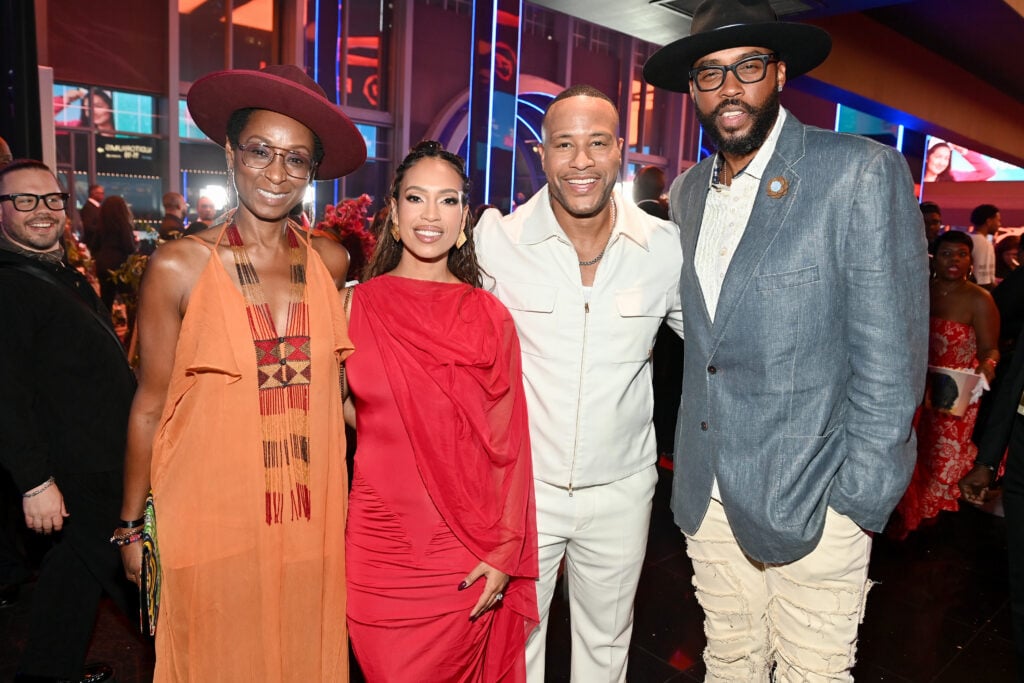Dating in a foreign country presents unique challenges, and Japan, with its homogenous culture, is no exception. For black people, the experience is even more distinct due to cultural differences and societal perceptions.

This blog post delves into the dating experiences of black individuals in Japan, highlighting their stories and the unique dynamics they face.
Cultural Differences in Dating
Dating in Japan involves navigating through significant cultural differences. Morgan, who has been in Japan for a year and a half, shares that Japanese men put thought into planning dates, choosing interesting places like Shia Shinu.
However, finds the conversational aspect challenging due to her distinct humor and communication style as a black American from the South.
Stereotypes and Misconceptions
Black individuals in Japan often face stereotypes and misconceptions. Michael, who has lived in Japan for 16 years, mentions that some Japanese people view black men as “cool” due to their appearance and association with hip-hop culture.
Cameron from Georgia also notes that Japanese women sometimes see black men as exotic, which can lead to fetishization rather than genuine interest.
Challenges in Communication
Language barriers and social anxieties further complicate dating. One participant recounts an experience where his Japanese girlfriend abruptly left a social event due to a misunderstanding, highlighting the difficulties in cross-cultural communication.
Fetishization and Objectification
Black women, in particular, encounter fetishization and objectification. Morgan describes being referred to as “chocolate” and being asked inappropriate sexual questions. These experiences reflect a broader issue of being seen as an exotic novelty rather than an individual.
Navigating Dating Apps
Dating apps present both opportunities and challenges. Some black individuals find success on platforms like Tinder and Bumble, but they also face issues such as users hiding their faces or seeking only casual relationships.
Morgan shares her frustration with Tinder users who primarily wanted to practice English rather than pursue genuine connections.
Positive Experiences
Despite the challenges, there are positive experiences. Michael finds that his distinct appearance and personality make him stand out in social settings. He recounts how his dreadlocks and ability to dance hip-hop made him appealing to Japanese women.
Additionally, some black individuals find genuine connections and even marriage, as one participant shares his story of meeting his wife on Instagram and navigating cultural differences with her family.
Conclusion
Dating for black people in Japan is a multifaceted experience influenced by cultural differences, stereotypes, and communication barriers.
While there are significant challenges, there are also opportunities for meaningful connections. Understanding and navigating these dynamics is essential for anyone considering dating in Japan.




